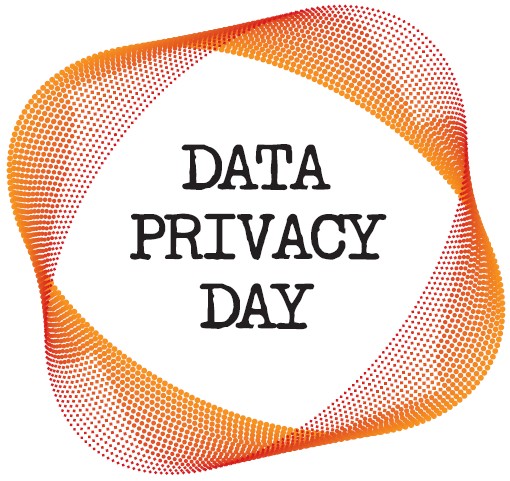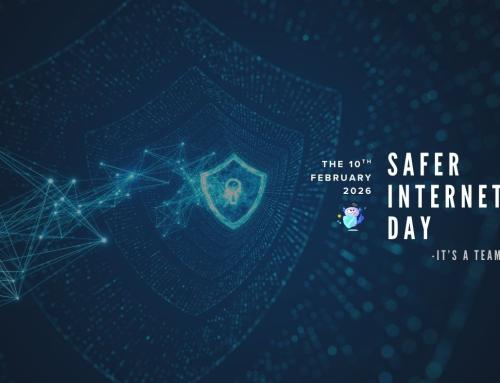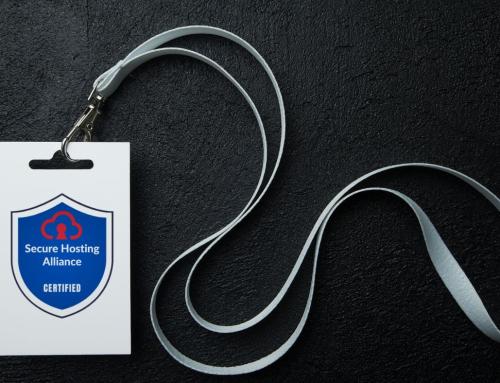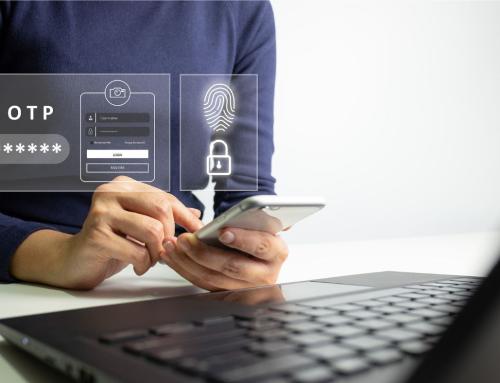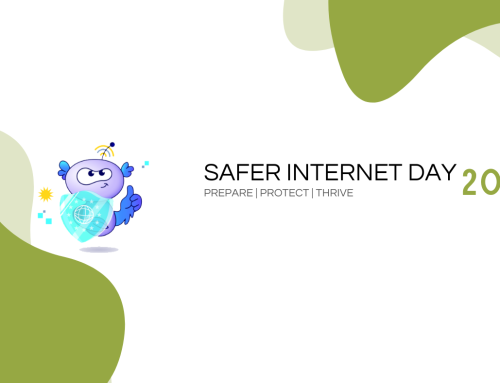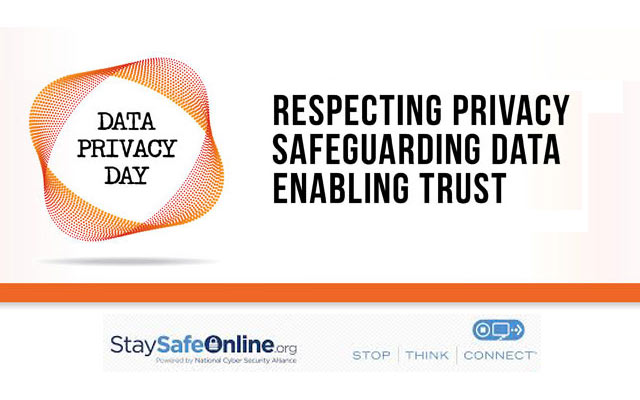 Protecting one’s privacy online is a serious business. But one cannot do it alone. It requires internet user’s, business and government to all do their bit. And the recent annual Data Privacy Day on 28 January seeks to raise awareness on what you can do to protect your privacy.
Protecting one’s privacy online is a serious business. But one cannot do it alone. It requires internet user’s, business and government to all do their bit. And the recent annual Data Privacy Day on 28 January seeks to raise awareness on what you can do to protect your privacy.
Your privacy can be invaded in many ways. Online tracking by websites you visit collect cookies to record your visit and sell targeted advertising, as well as often improving your user experience. Location tracking on smartphones can be used for similar reasons. Apps on smartphones, particularly free ones, collect personal data and often on-sell this information. Open and unsecured WiFi networks allow tracking. Email and social media accounts may hacked or compromised. Stalking and harassment, reputational damage and even physical danger are rare but happen too often after online activity. These are some of the main opportunities for your privacy to be invaded.
So what can you do to help protect your privacy? Clearing cookies from your web browser history and even disabling cookies, encrypting email, using pseudonyms where possible, particularly on social media sites, and using virtual private networks are just some of the ways. You can also use a password manager to enable a unique password for every website, disable location detection and WiFi on your smartphone until you require it, knowing that free apps often are “free” because they sell your detailed personal information and never display your full date of birth or telephone number.
While there are inconveniences attached to all of these actions, the inconvenience attached to having your identity hacked can result in credit cards and loans being applied for in your name and can take months, if not years, to resolve.
So while it’s true that you alone are only a small cog in protecting privacy, together we can make a difference. And every action helps.
And if you believe there is something online that you believe is detrimental to you, you can apply to search engines such as Google and Bing to have this information removed or “forgotten” from their search results following a ruling by the European Court of Justice in 2014.
If the worst happens and your personal and financial data is stolen, there are several steps you should take. These include alerting financial services such as banks and health providers, check your credit report, change passwords on all accounts and ensure they are secure, and consider using a password manager and check financial statements from banks and credit card providers.
